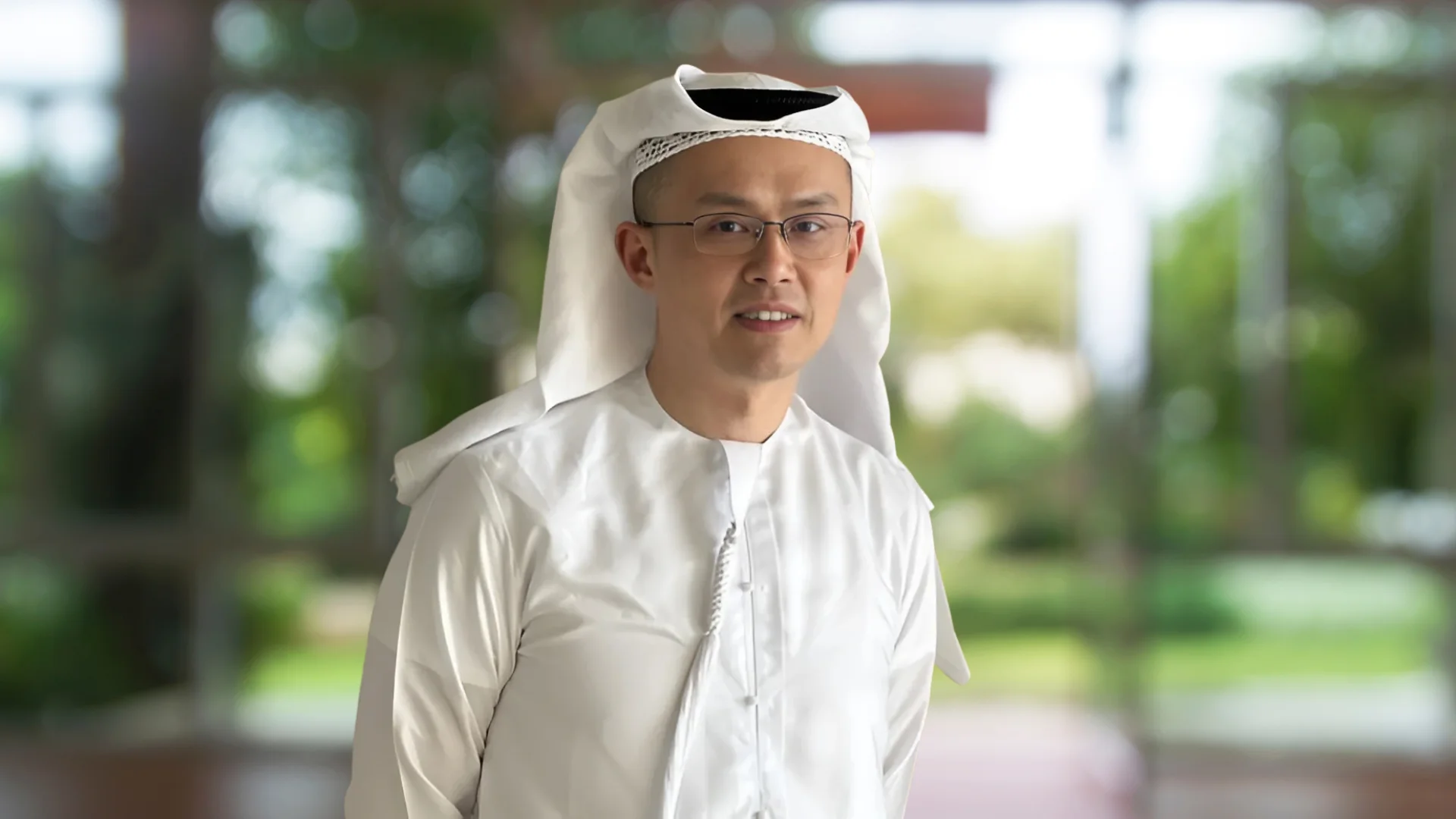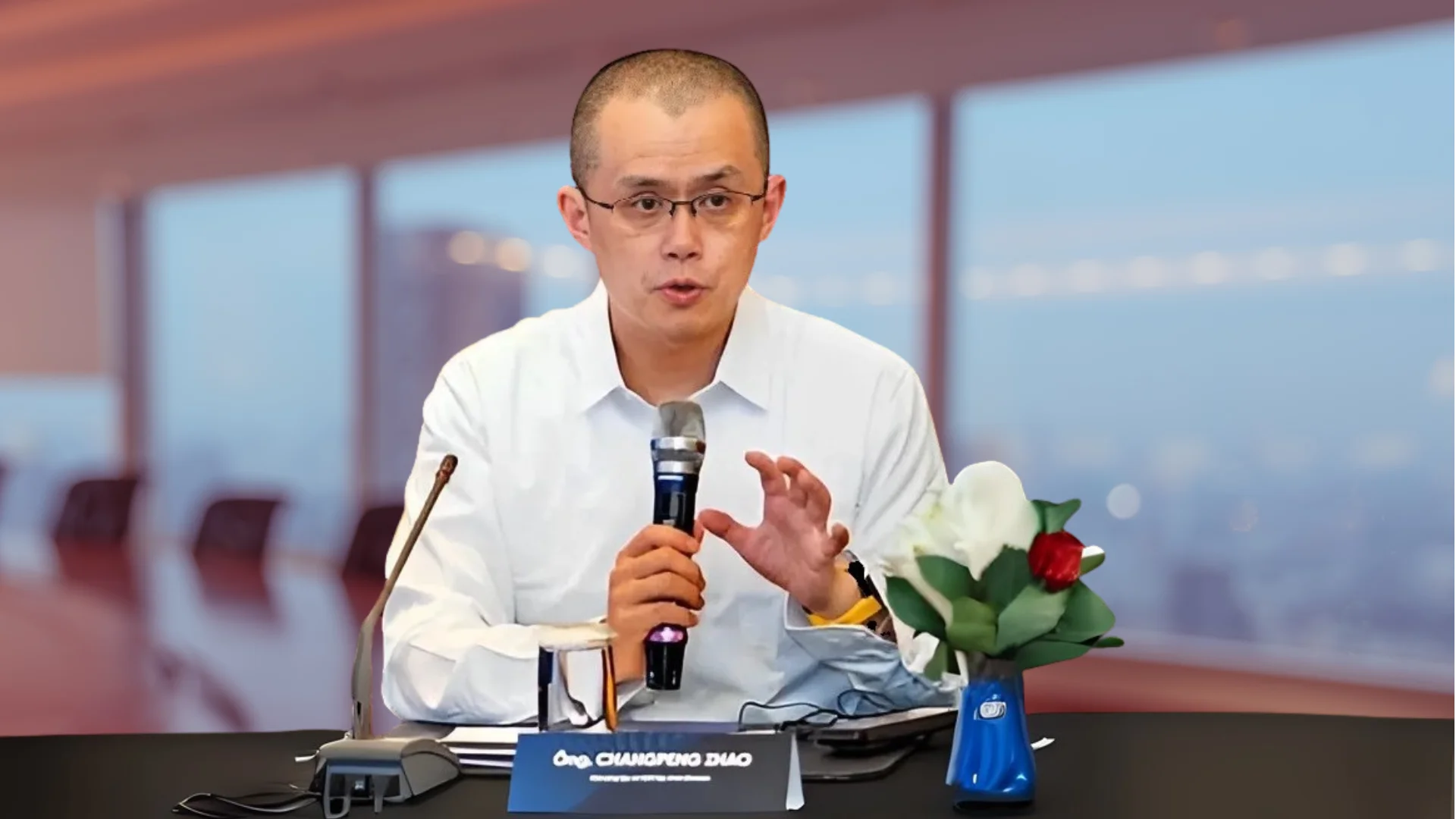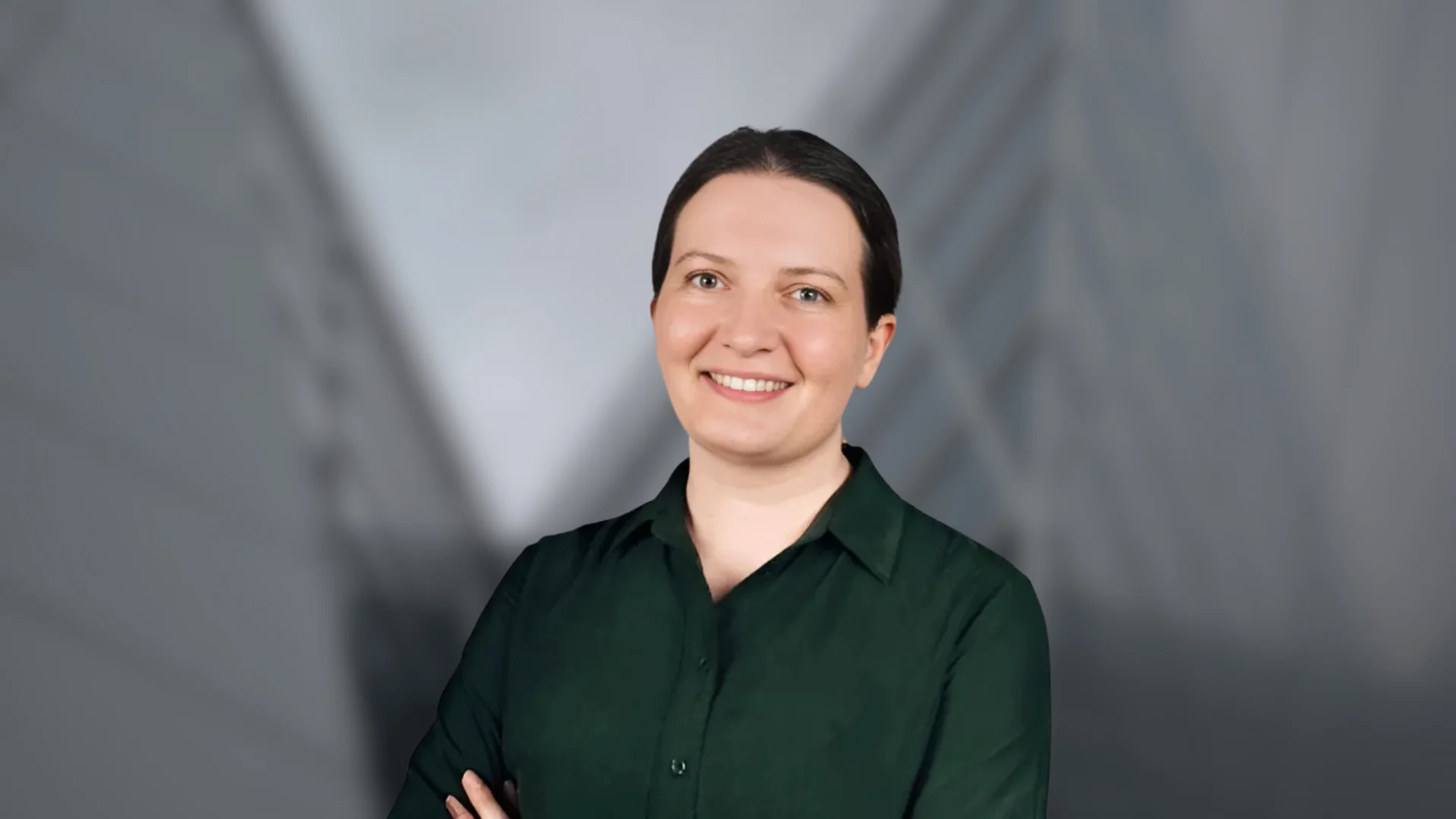Harvard University Research Fellow Timothy Massad, a former regulator, has highlighted the potential of blockchain technology in tracing cryptocurrency transactions. Massad made these remarks during a December 16 episode of the Lunch Hour podcast.
"Any blockchain is in one sense transparent," said Massad. "It's a permanent record. You can go to it and see all transactions, but you're looking at addresses that are not like our email addresses… If you figure out that the blockchain address that's in a string of letters and numbers is actually your address, then we can see every single transaction you've ever made, at least through that address."
At the 8th Global Conference on Criminal Finances and Cryptocurrencies held in September, organized by Europol and the Basel Institute on Governance, law enforcement agencies and other participants discussed strategies to combat crypto crime. According to Europol, collaborations between law enforcement and the private sector have been instrumental in tracing illicit transactions across multiple blockchains. By partnering with crypto exchanges and blockchain analysis firms, authorities have successfully de-anonymized illicit actors and returned assets to victims.
 Alerts Sign-up
Alerts Sign-up










